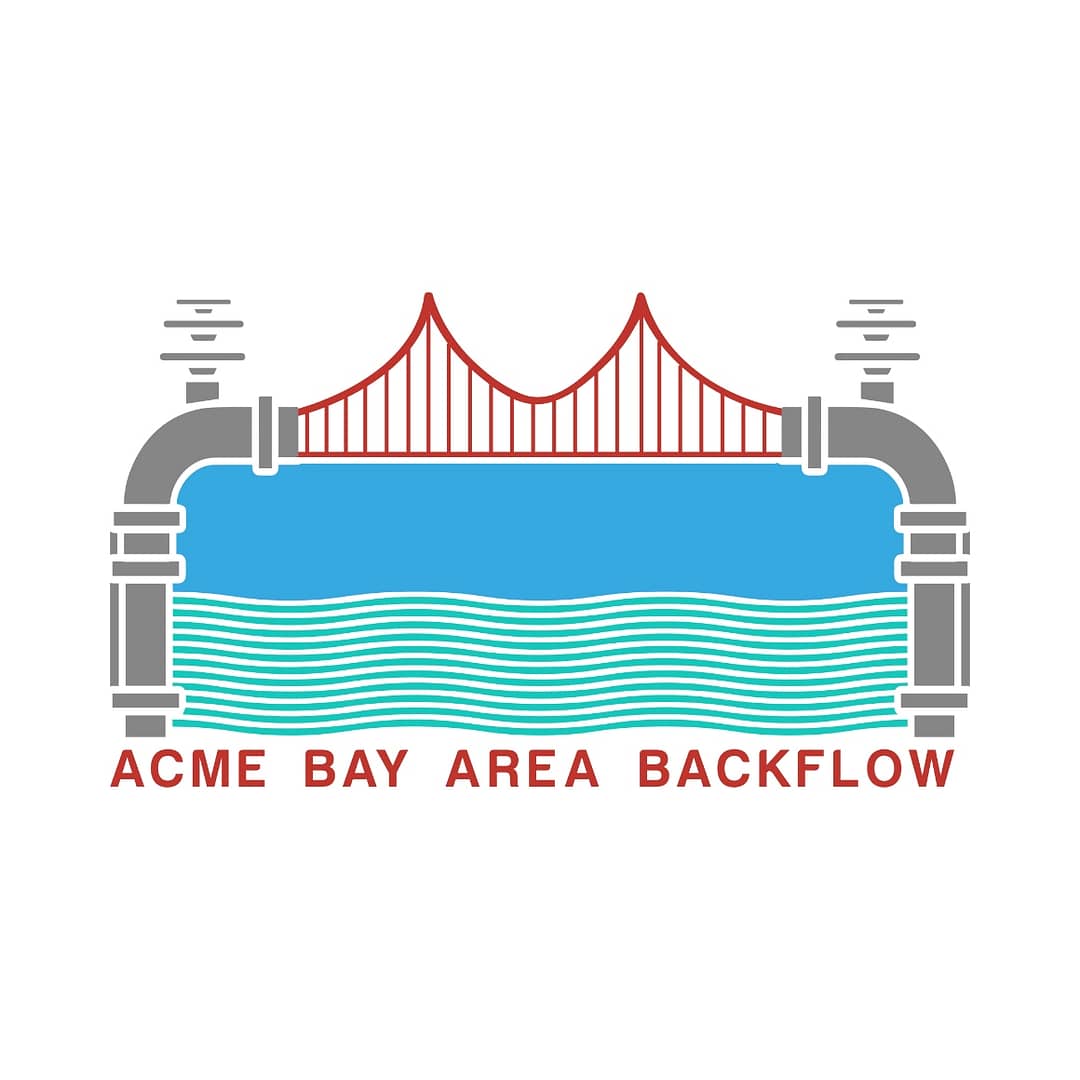What Is Backflow Preventer Testing?
Backflow testing is a vital procedure in plumbing systems designed to ensure the integrity and safety of potable water supplies. The term “backflow” refers to the undesirable reversal of water flow within pipes, potentially causing contamination of the clean water with substances from other sources. Backflow testing focuses on evaluating and verifying the functionality of backflow prevention devices installed in plumbing systems.
These devices, such as check valves and backflow preventer assemblies, are crucial components that prevent water from flowing backward into the public water supply. During backflow testing, certified professionals conduct a thorough examination of these devices to ensure they meet industry standards and regulatory requirements. This often involves pressure testing, valve inspections, and overall system assessments.
The importance of backflow testing lies in its role in maintaining water quality, protecting against potential health hazards, and adhering to plumbing codes and regulations. By regularly testing and certifying backflow prevention devices, property owners and water authorities can mitigate the risk of cross-contamination and safeguard the health of individuals relying on the public water system.
In summary, backflow testing is a proactive measure that plays a pivotal role in preserving water quality, preventing contamination, and upholding the safety and reliability of water distribution systems.
